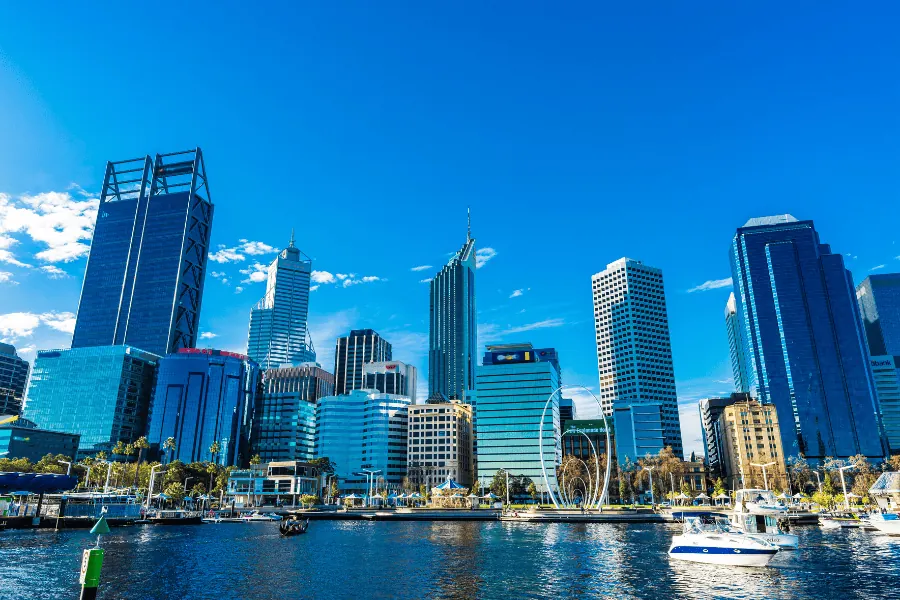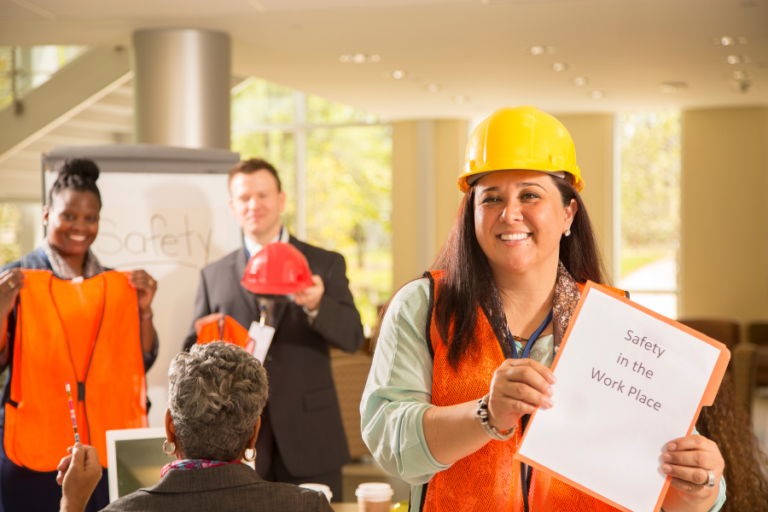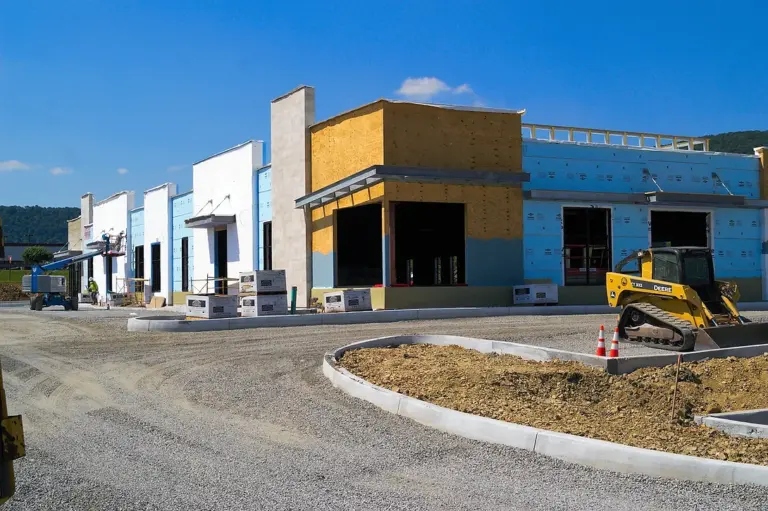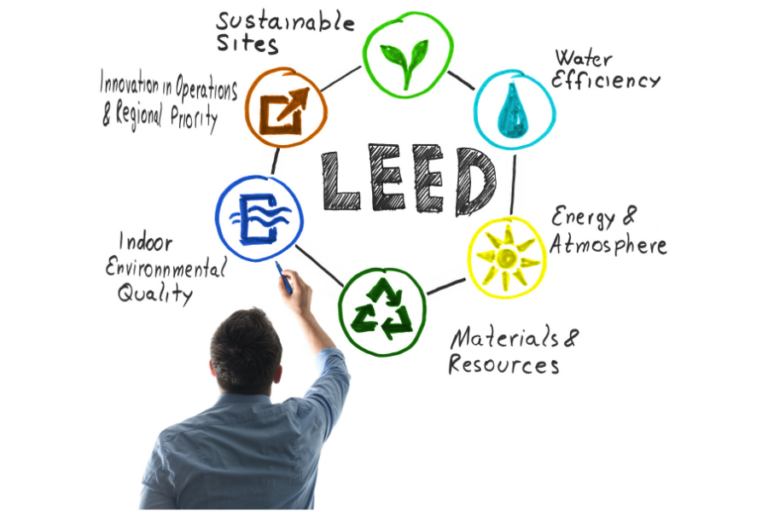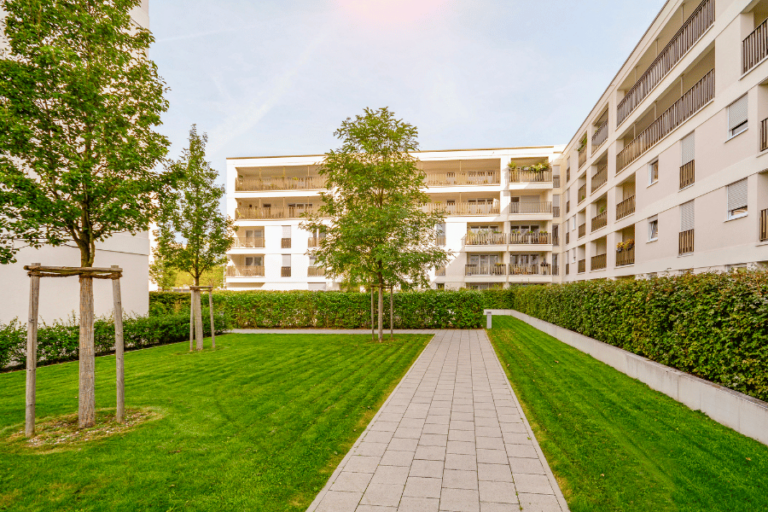Changes In Urbanization And Commercial Development
As cities continue to grow, the dynamics of urban life change and evolve, with commercial development playing a pivotal role in this transformation. At Valenti Construction, we understand the intricate relationship between urbanization and the commercial sector, contributing to the complexities of urban change.
Changes in Urbanization and Commercial Development
Urbanization, the process of urban growth due to population increase and commercial development, is a major force shaping our world today. This comprehensive review aims to delve into the various aspects of this phenomenon, focusing on the intricate changes that come with urban expansion.
How Urbanization and Commercial Development Are Interrelated
Urbanization and commercial development are intertwined processes that significantly impact the structure and function of our society. This symbiotic relationship is crucial to the economic, social, and environmental aspects of a community. As cities expand, they create opportunities for commercial development, which in turn, fuels further urbanization. This cycle can lead to increased employment, economic growth, and improved quality of life. However, it can also lead to challenges such as overcrowding, pollution, and threats to food security.
In tandem with urbanization, commercial development plays a pivotal role in the transformation of rural areas into bustling urban landscapes. It brings about changes in land use, job creation, and economic structures. Understanding this dynamic process is key to creating sustainable urban environments and maintaining economic stability. It is through this lens that we will delve deeper into the intricacies of urbanization and commercial development and their far-reaching impacts on society.
Importance of Studying Urban Change
Studying urban change is of paramount importance in understanding the myriad of economic, environmental, and social transformations cities undergo. It allows for an in-depth analysis of urban expansion and the factors driving these changes.
Understanding these changes is crucial for effective urban planning and management. It aids in assessing the impacts of urbanization on the environment and identifying potential areas of concern. Moreover, these studies can provide valuable insights into the economic changes that accompany urbanization, informing strategies for sustainable economic development.
Furthermore, studying urban change can reveal the social implications of urbanization. It can shed light on issues such as housing, transportation, and access to essential services, all of which are critical for maintaining the quality of life in urban areas. As cities continue to grow and evolve, a thorough understanding of these changes becomes increasingly vital.
Role of Commercial Development in Urbanization
Commercial development involves the construction of office buildings, shopping centers, hotels, and other business establishments. These facilities attract people to urban areas, increasing population density. They also enhance the infrastructure of the area, paving the way for further urban growth.
However, the role of commercial development in urbanization is not without challenges. Rapid commercialization can sometimes lead to issues such as the displacement of local communities, environmental degradation, and economic disparity. It’s crucial to balance commercial development with sustainable practices to ensure the long-term viability of urbanized areas.
Key Aspects of Urban Transformations
Understanding Urban Expansion and Transformation
The pace of urban development in these areas slowed down, only to regain momentum around 2010. The transformation during this period was a mix of physical growth and socio-economic changes. The urban landscape was continuously evolving, with new residential and commercial spaces emerging to accommodate the growing urban populace. This period of urban transformation is a clear testament to how cities adapt and change over time.
Economic Changes During Urbanization
One of the primary economic changes during urbanization is the shift from a predominantly rural, agricultural economy to an urban, industrial, and service-oriented economy. This transition often leads to a rise in income levels and living standards. However, it also brings with it challenges such as air pollution, and concentrations of two other air pollutants, and the correlations with either population or economic growth have shown a significant increase. Therefore, managing economic changes during the urbanization process is a critical aspect of urban development.
Environmental Changes in Urban Landscapes
Urbanization also brings significant environmental changes. One of the most noticeable changes is in land use patterns. As cities expand, agricultural lands are often converted into residential or commercial spaces, leading to a rise in land prices. This shift in land use can have far-reaching implications for the local ecology and environment.
Moreover, the construction of buildings and infrastructure often leads to the loss of green spaces. This loss of natural habitats can adversely affect local biodiversity. Therefore, urban planners and policymakers need to incorporate environmental considerations into their urban development strategies to ensure sustainable urban growth.
Coupled Changes with Economic Development
Urbanization and economic development are interrelated processes that influence each other profoundly. These coupled changes are evident when examining the data from 1990 to 2014. An empirical relationship between population growth and socioeconomic development is apparent. As urban populations grow, there is a corresponding increase in the gross domestic product per capita (GDPpc), a key socioeconomic variable that measures economic development.
Contact Valenti
The role of transportation centers and commercial construction in Birmingham’s urban evolution is crucial. Infrastructure development for transportation affects land use, often causing traffic congestion in developed areas. As the city expands, land cover changes. Valenti Construction understands the influence of urban growth and development, making them a valuable partner in shaping Birmingham’s future. Reach out to Valenti Construction to be a part of this transformative journey.

